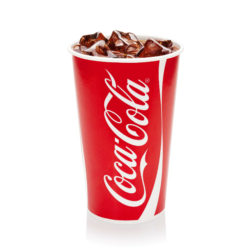
The lawsuit was filed on behalf of The Praxis Project by the Center for Science in the Public Interest and the Public Health Advocacy Institute, both consumer advocacy groups.
The groups accuse the Coca-Cola Co. and the ABA of downplaying the risks to boost sales, despite scientific evidence linking sugary beverages to obesity, diabetes and cardiovascular disease.
Specifically, the 40-page complaint claims Coca-Cola and ABA engaged in misinformation campaigns “to thwart and delay efforts of government entities to regulate sugar-sweetened beverages through warning labels, taxes and other measures designed to make consumers aware of the potential for harm.”
Praxis accuses the companies of using euphemisms such as “balance” and “calories in, calories out” to mislead consumers. It also accuses Coca- Cola, the world’s largest beverage company, of trying to mislead the public into thinking that lack of exercise was the real cause of obesity.
“Although defendants have publicly pledged allegiance to objective scientific criteria, they have instead represented falsely that sugar-sweetened beverages are not scientifically linked to obesity, diabetes, and cardiovascular disease, and have waged an aggressive campaign of disinformation about the health consequences of consuming sugar-sweetened beverages,” Praxis says in the complaint.
“The notion that Coke’s products can be part of a healthy-diet is imprinted in the minds of millions of people and requires corrective-action,” Maia Kats, the Litigation Director of the Center for Science in the Public Interest (CSPI) which helped file the lawsuit, stated.
Filed in California federal court Wednesday, the complaint cites a California law prohibiting businesses and organizations from engaging in false and misleading advertising. The complaint cites numerous examples of Coca-Cola and ABA officials making false and deceptive statements about sugar-sweetened drinks.
For example, Coca-Cola’s senior vice president, Katie Bayne, claims that “[t]here is no scientific evidence that connects sugary beverages to obesity.”
“Coca-Cola is an excellent complement to the habits of a healthy life,” said former Coca-Cola chairman and CEO Douglas Ivester. “There is no unique link between soda consumption and obesity,” claims a post on the ABA’s website.
Coca-Cola spokesman Kent Landers called the lawsuit “legally and factually meritless. We take our consumers and their health very seriously and have been on a journey to become a more credible and helpful partner in helping consumers manage their sugar consumption.”
The ABA commented that the lawsuit was “unfounded” and that the association does its part to to reduce the amount of calories and sugar from beverages by working with health groups.
In October, Coca-Cola’s Chief Operating Officer, James Quincey announced that the company has more than 200 “reformulation initiatives” to reduce added sugar in its beverages.
However, according to the lawsuit, “a 16-ounce bottle of Coke has 12 teaspoons of added sugar, a 15.2- ounce bottle of Minute Maid Cranberry Grape Juice drink has 13 teaspoons, and a 20-ounce bottle of Vitamin water has eight teaspoons of sugar.”
The American Heart Association recommends no more than nine teaspoons of sugar per day for men, and six teaspoons for women. One teaspoon of sugar has approximately 16 calories.
Among the consumer advocacy groups’ requests is an injunctive order to stop Coca-Cola and the ABA from promoting the idea that sugar-sweetened beverages are not linked to obesity, diabetes or cardiovascular disease, and require them to disclose research related to the negative effects of consuming sugary drinks.
The Praxis Project also wants Coca-Cola and the ABA to fund a “corrective public education campaign” about soda consumption, and feature the connection between health problems and soda prominently on their websites.
Praxis Project is represented by Maia Kats with the Center for Science in the Public Interest, Andrew Rainer with The Public Health Advocacy Institute, and Michael Reese with Reese LLP.
The Coca-Cola Sugary Drinks Lawsuit is The Praxis Project v. The Coca-Cola Company, et al., Case No. 3:17-cv-00016-JSC, in the U.S. District Court for the Northern District of California.
ATTORNEY ADVERTISING
Top Class Actions is a Proud Member of the American Bar Association
LEGAL INFORMATION IS NOT LEGAL ADVICE
Top Class Actions Legal Statement
©2008 – 2024 Top Class Actions® LLC
Various Trademarks held by their respective owners
This website is not intended for viewing or usage by European Union citizens.



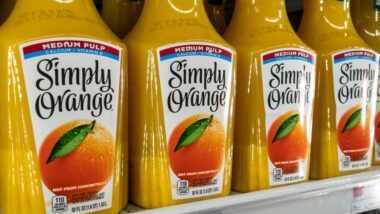
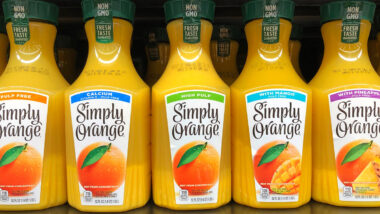
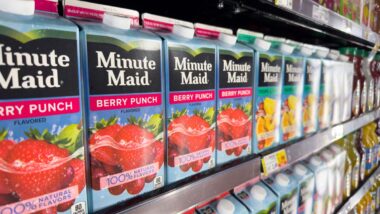
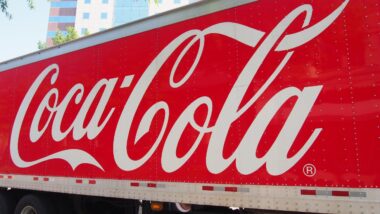
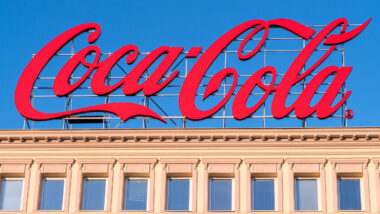
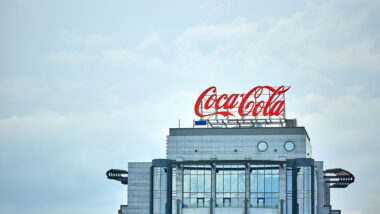
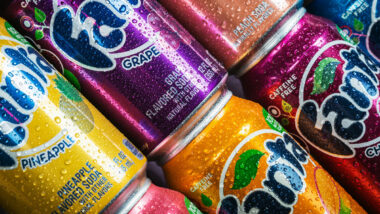
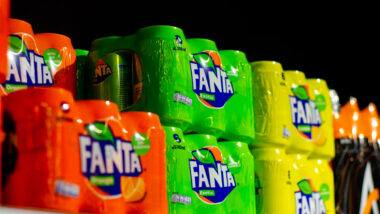
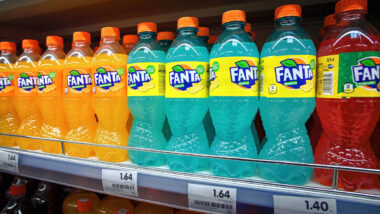
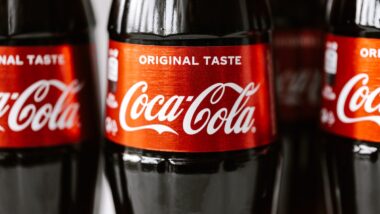
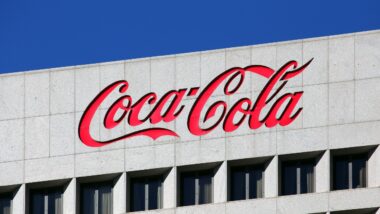
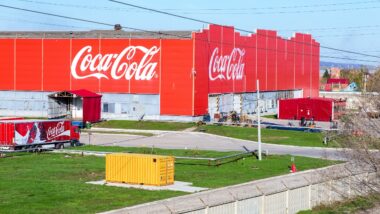
72 thoughts onCoca-Cola Downplays Health Risks of Sugary Drinks, Lawsuit Says
I would like be a part of the lawsuit it caused me many problems drinking it for 35 years
befor i had my weight loss surgery i was addicted to coke cola and i gained a lot of weight because of all the sugar in there not to mention a few kidney infections a long the way ! now tasting it today its pure sugar ! as if someone dumped a cup of sugar in the glass and i drank it ! its gross now ! cant do it !
oh my i have been drinking coke for 45 years
Have been buying Cokes for 65 yrs
Not everyone has the fortunate ability to read a label nor have access to the internet or a device that has internet capabilities to search the ingredients. It is a trust factor in play here. Some of us depend on the good faith of companies and their marketing advertising campaigns certainly do not allude to the dangers of the products that they are putting on our shelves. Companies have a duty to their customers to offer products that are not deadly and will cause no harm while at the same time enriching the companies profit margin. Offering a product that has potentially deadly side effects or that my interrupt the quality of life of their consumers is wrong, unconscionable and actionable with litigation.
Yes I agree it should be a Trust Factor, So why have they gotten away with this forever,is because they are big money and can and will do it for profits, even in the water they sale that is tap water probably with sugar added, sugar in water ? what other reason would you need sugar in water, main reason is it is addictive , like anything your body will crave it, no everyday person will understand or know what all the crap they put in there soft drinks for people to get addicted too.
After years of consuming coca cola, my husband has lost his teeth, is diabetic, & his joints are shot. He quit consuming coke ten years ago, but the damage is already done.
I worked for Coca Cola twenty five years and drink plenty, delivered millions of gallons of the premix and coke syrup and picked up TONS ON CORN SYRUP AND SUGAR by Tanker Truck at sugar plant in DECATUR ALABAMA ,and other place around the country the drinks are full of Sugar, and corn Syrup, most of it is made by concentrate , and I would wonder what is really in that, a fifty gallon drum will make millions of cokes, so what is in that , is it safe? it has a lot of words I have never heard of, but I am not a doctor or a chemist like coke has working for them, you bet they have there trails covered and the big bucks to protect them, I did drink a lot of cokes over the years, And I am diabetic too , wonder if that had anything to do with that, not over weight. all of this was done for Coca Cola USA, BUT THEY CALLED IT Custom Carriers ltd, Coke private trucking company, it said coke USA on the doors of the trucks, IT WAS ALL CONNECTED TO Coca Cola USA North Ave, Atlanta , Georgia, now they have private common carriers carry it so the plublic can’t see it but there still hauling it all over the country to all there bottling and canning plants, boy I am just full of information all about Coca Cola. Wonder why I feel this way about someone I worked fr so Long, Probably because they cheated me out of a a lot, like a retirement, after and injury on the Job, OK that s enough but this is all true stuff, But you can bet they would deny it all but would not be very hard to prove, IT IS ALL A FACT !
THAT is what you took from reading all that? You completely missed the mark Claudia.
“they have instead represented falsely that sugar-sweetened beverages are not scientifically linked to obesity, diabetes, and cardiovascular disease, and have waged an aggressive campaign of disinformation about the health consequences of consuming sugar-sweetened beverages”
This is about responsibility of facts not consumption.
I read this and to me it’s reminiscent of big tobacco in the 50s. Money is still able buy truth suppression today and it shouldn’t be tolerated
No where on the can does it tell you that there is 16 Teaspoons of Sugar in each can. No where does it tell you that Sugar is Carbonic Acid a Drug. And Soda is sweetened with High Fructose Corn syrup a sweetener created in a laboratory that is 20 times sweeter than sugar. It is also Carbonic Acid. Acid eats away your joints and lubricants and is cancerous. Also, children buy it and drink it.
Seriously? It says on the container how much is in it. You can look up what a ‘healthy’ amount of sugar a day is. People, take responsibility for what you put in your bodies when there’s nothing deceptive about or on the package. This is a big problem. People want to blame everyone BUT themselves for the things they choose to do.C
As a child I bought it from a store. Now I’m prediabetic. I had no way of knowing that drinking so much sofa could give me the problems I have today. Nor did my parents at the time have any idea of the problems that drinking that much sun would cause. Sorry company should take some responsibility I’m not saying all but some. But with that said grocery stores gas stations fast food restaurants also need to take part of that responsibility on selling like these products to children.